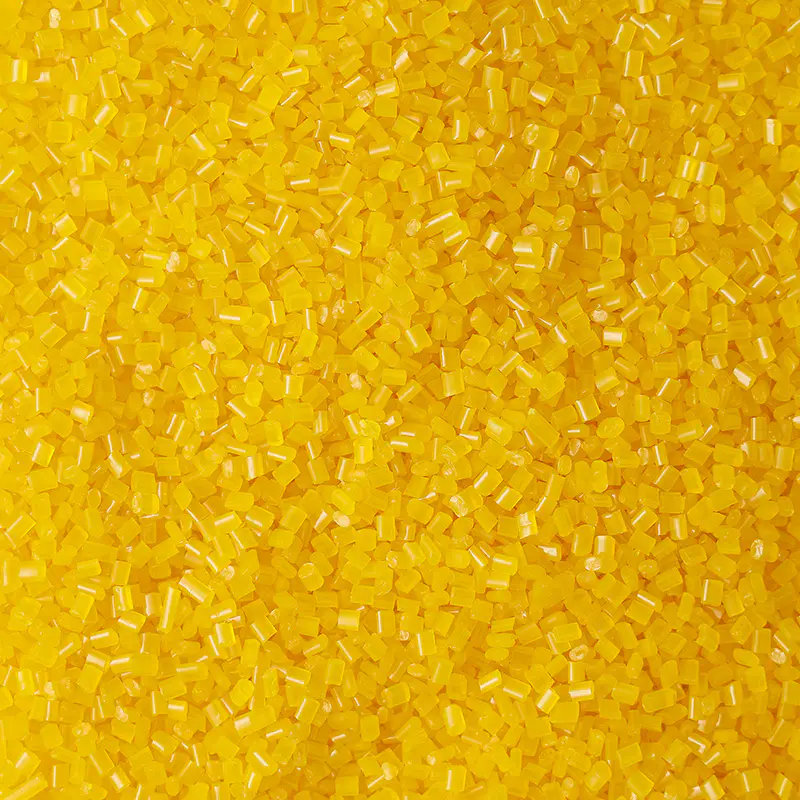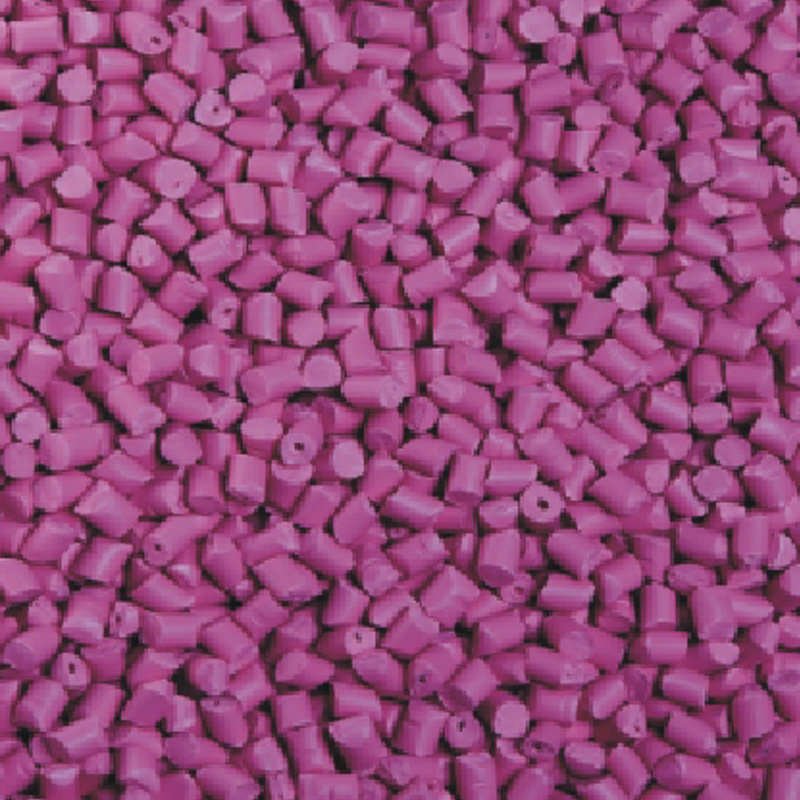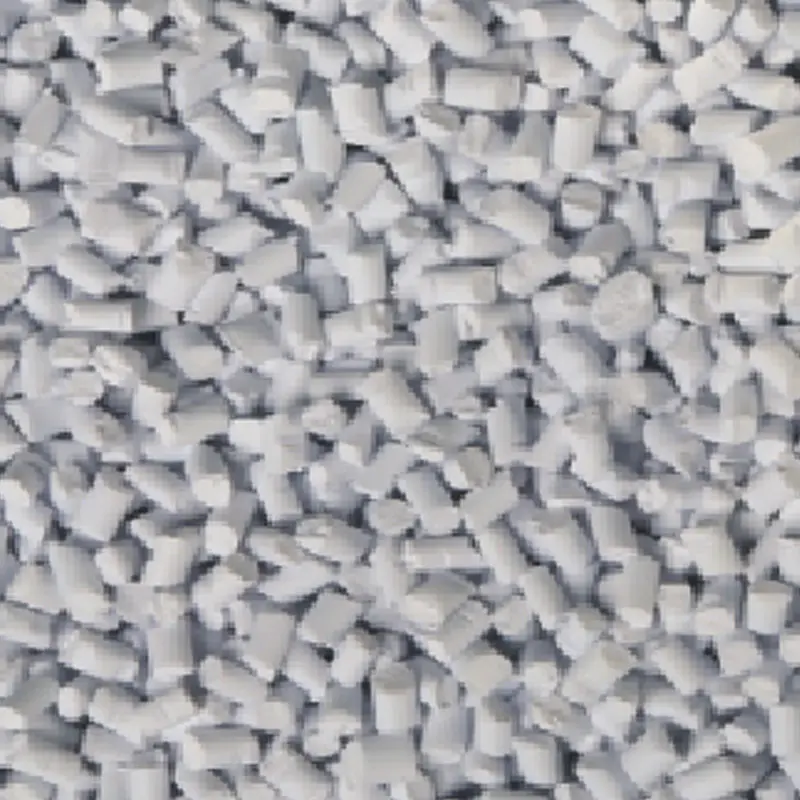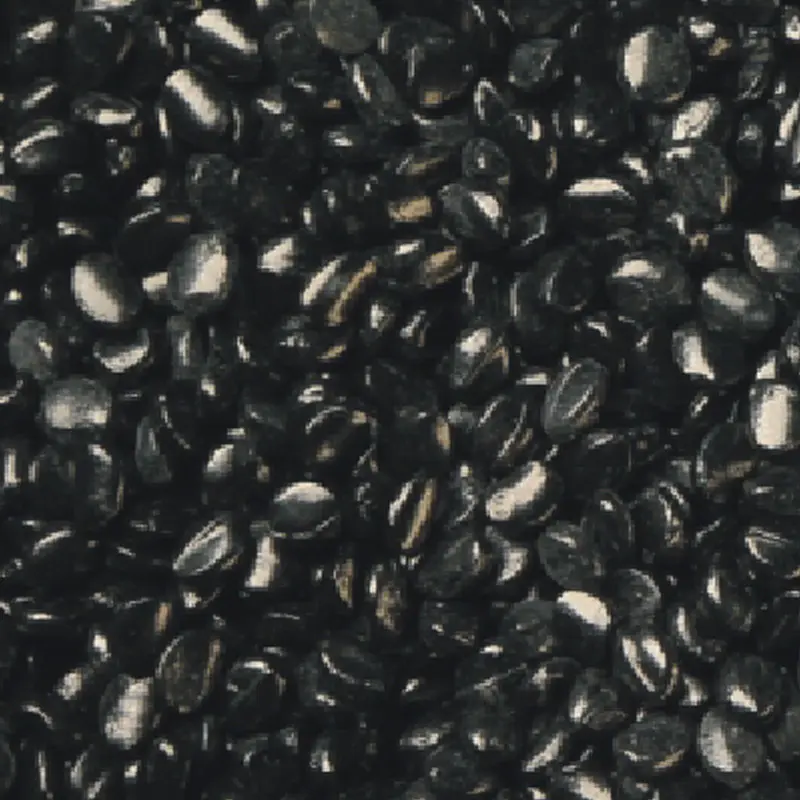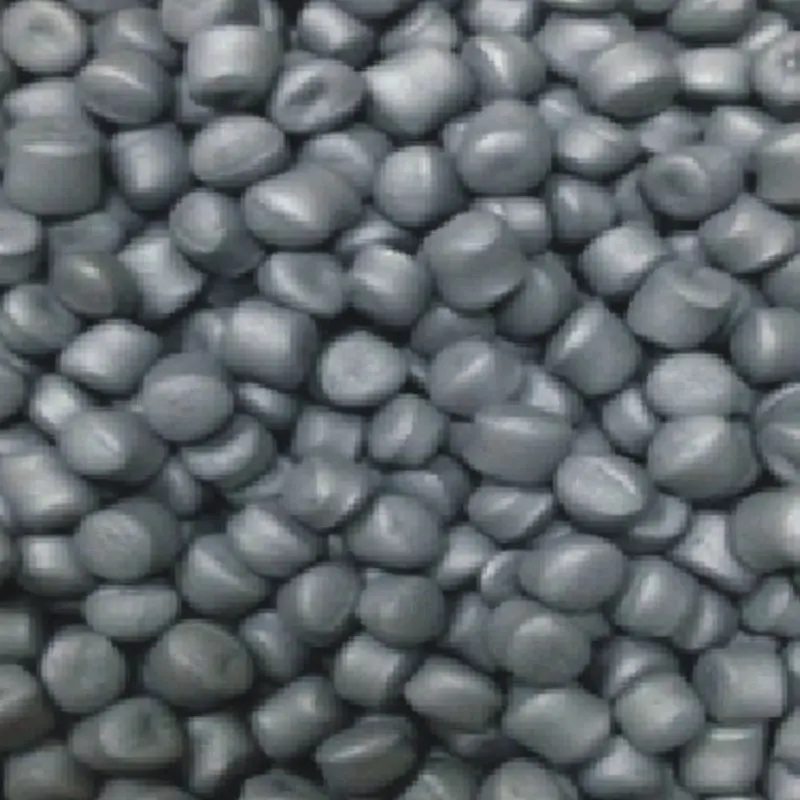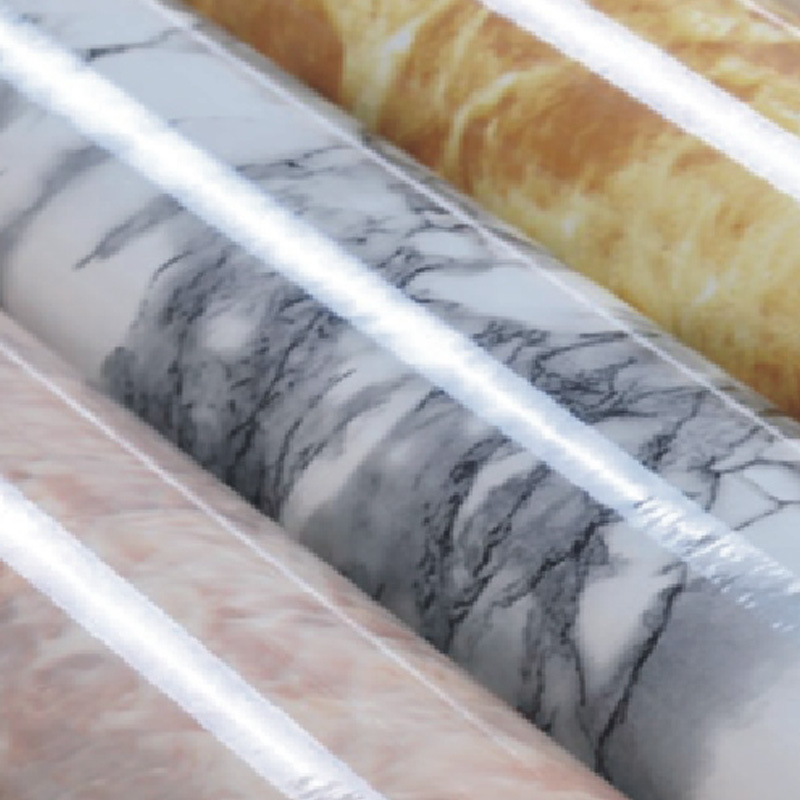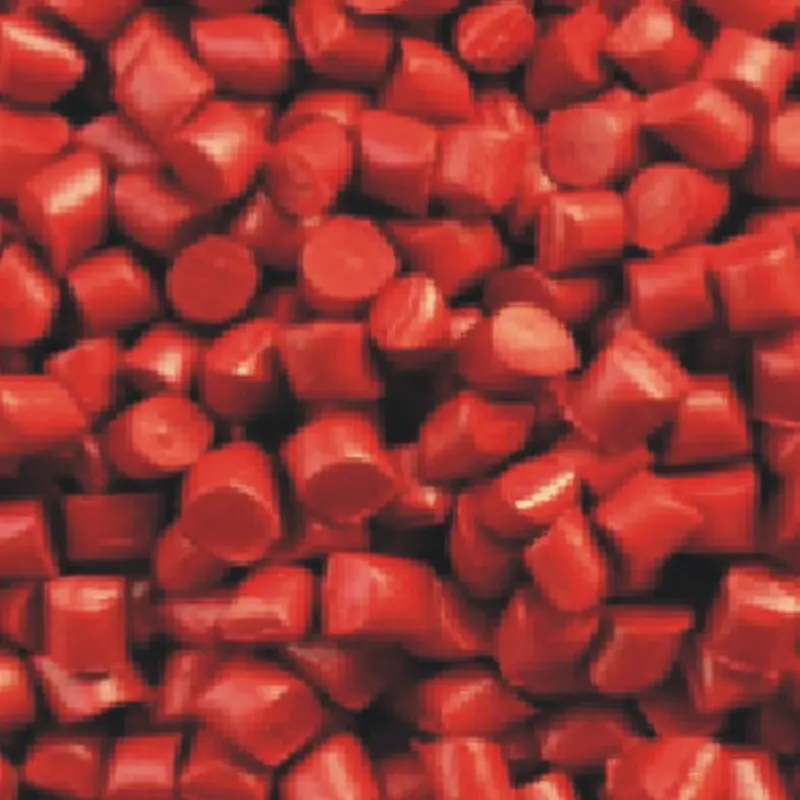In the world of plastic manufacturing, maintaining consistent color performance is a key factor in product quality and customer satisfaction. Injection molding, a widely used method for shaping plastic parts, relies heavily on masterbatch formulations to achieve the desired color and functional properties. Customized injection molding masterbatch offers a tailored solution that helps manufacturers meet specific color requirements while also enhancing material performance.
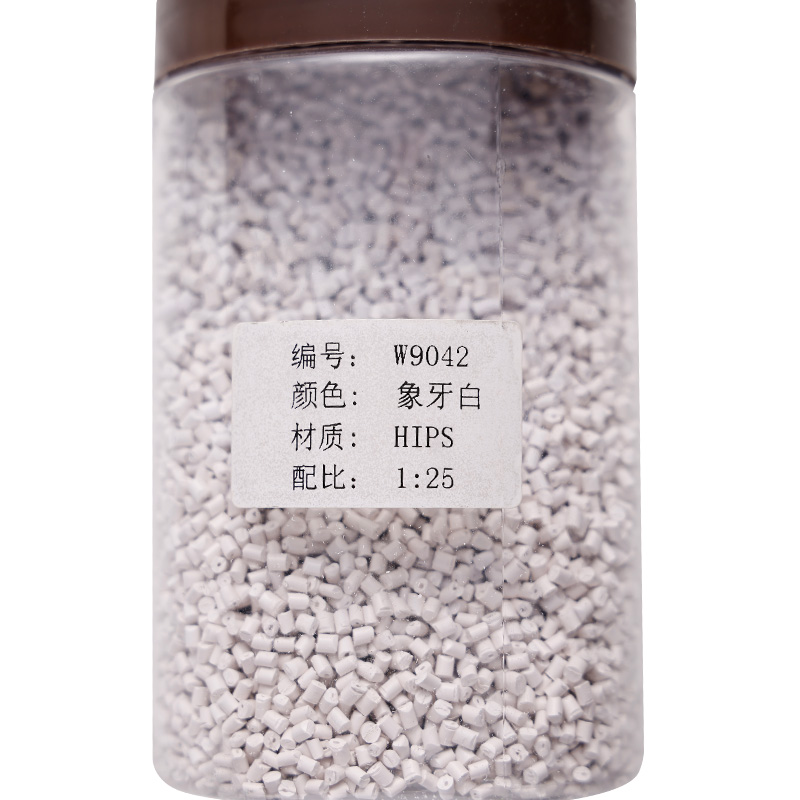
A masterbatch is essentially a concentrated mixture of pigments and additives encapsulated in a carrier resin, which can be uniformly dispersed into the base polymer during processing. Injection color masterbatch, in particular, is designed to provide reliable and repeatable coloration for injection molded parts. Unlike adding loose pigments or dyes directly, masterbatch ensures better dispersion, reduces waste, and simplifies handling in production environments.
One of the main advantages of customized injection color masterbatch is the ability to precisely match specific color shades. Whether a product line requires corporate branding colors or a new aesthetic appeal, a well-formulated masterbatch can reproduce consistent hues across different production batches. This consistency helps avoid costly color mismatches and rejections, supporting a smoother manufacturing process.
Beyond coloration, functional masterbatch plays a significant role in adding value to injection molded components. These masterbatches include additives that impart properties such as UV resistance, flame retardancy, antimicrobial effects, or improved mechanical strength. When combined with color masterbatch, manufacturers can create multifunctional materials that meet various performance demands without compromising visual quality.
Developing a customized masterbatch involves collaboration between the manufacturer and the masterbatch supplier. The process typically starts with defining the target color, substrate material, and any special functional requirements. Samples are prepared and tested to verify color accuracy, dispersion uniformity, and compatibility with the base polymer. Adjustments may be made to pigment concentrations or additive packages to optimize the final performance.
The carrier resin used in masterbatch is selected to match or be compatible with the polymer used in injection molding. This compatibility ensures smooth melting and mixing during the molding cycle, pilot to uniform color distribution and stable processing conditions. For example, polypropylene masterbatch will use a polypropylene carrier resin to blend seamlessly with the base material.
Injection molding parameters also influence color quality and consistency. Processing temperature, injection speed, and mold design all affect how the masterbatch disperses and how the final part looks. A customized masterbatch is often developed with consideration of these processing variables to maintain color stability under typical production conditions.
In industries such as automotive, consumer electronics, packaging, and eyewear, where aesthetics and material performance are critical, customized injection molding masterbatch helps achieve both. It reduces the need for post-molding finishing steps like painting or coating, which can add cost and complexity. Instead, color and function are integrated into the part from the start.
Another benefit of using masterbatch is environmental. Because it provides concentrated pigments and additives, it has less dust and waste compared to handling raw powders or liquids. This makes production safer for workers and cleaner for the facility. Additionally, some functional masterbatches contribute to sustainability by incorporating UV stabilizers that extend product life or antimicrobial agents that reduce contamination.
As market demands evolve, there is growing interest in masterbatches that support new polymer types and recycled materials. Customized masterbatch formulations can be adapted to work with bioplastics, blends, or materials containing recycled content. This flexibility allows manufacturers to respond to sustainability trends without sacrificing color quality or product performance.
Overall, customized injection molding masterbatch represents a practical and efficient approach to managing color and function in plastic parts. By working closely with masterbatch suppliers, manufacturers can develop solutions that align with their unique product specifications and processing conditions. The result is consistent, reliable color performance combined with functional benefits that enhance the value of injection molded products.
Choosing the right injection color masterbatch and incorporating functional additives through a customized formulation can streamline production and improve the overall quality of molded parts. This approach supports a variety of industries and applications, ensuring that color accuracy and material performance go hand in hand throughout the product lifecycle.

 English
English Español
Español русский
русский
